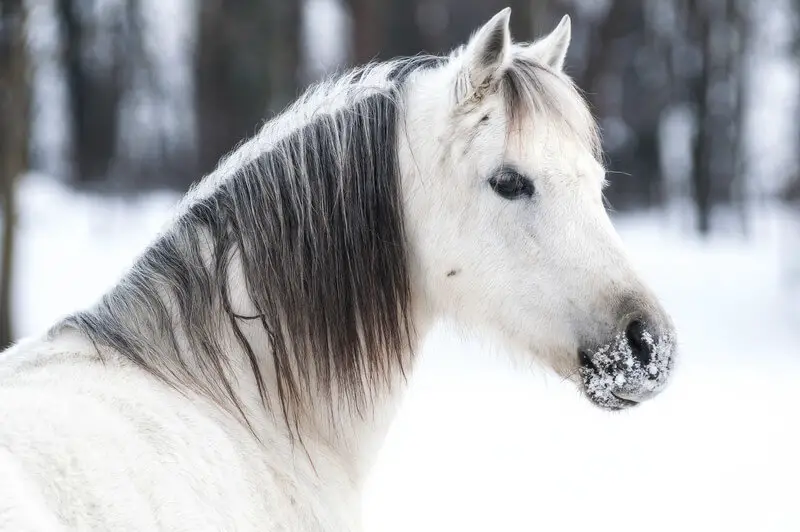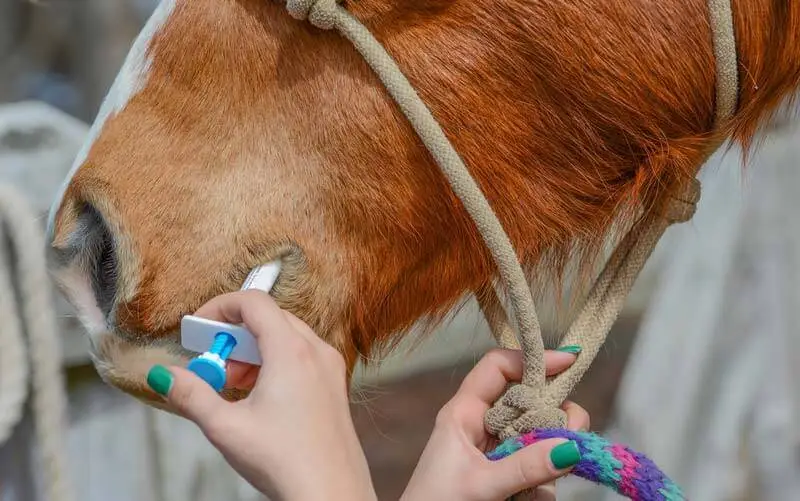Feeding Your Horse During Winter
As the temperature drops, the demands on your horse’s body to stay warm increase. Adding more forage – in the form of hay or pasture – can support your horse during Winter, but there are risks associated with this higher intake.
To maintain a healthy body condition, the average horse needs to consume 2% of its body weight per day. Forage sources, such as hay or pasture, should form the bulk of your horse’s feed ration, as they’re a better source of concentrated fibre than grains.
Fibre is the most important ingredient in the horse’s diet. It provides your horse with the essential energy they need. During Winter, fibre has an added benefit. The digestion of fibre produces body heat, which helps to keep your horse warm.
For some horses, such as young horses, broodmares and older horses, the cold temperatures can take a toll on maintaining body condition. For other horses kept in work, their energy requirements increase. Additional forage may be added to their diet to support a healthy body condition.
However, with this increase in forage, comes the risk of impaction colic and there are three common causes:
- Dehydration – Horses may drink less water during the cooler months, especially if they’re not exercised regularly. Dehydration is the leading cause of impaction as fluids assist in digestion. to prevent impaction colic, you should keep your horse hydrated throughout Winter.
- Feed changes – Rapid changes in feed, such as changing hay or grain types, can also lead to impaction colic. Any change in your horse’s diet should be made over a period of several weeks to give your horse’s digestive system time to adjust.
- Lack of exercise – Freedom of movement is vital to your horse’s physical and mental health. During Winter, turnout and exercise shouldn’t be limited, unless absolutely necessary, due to severe weather, illness or injury.




